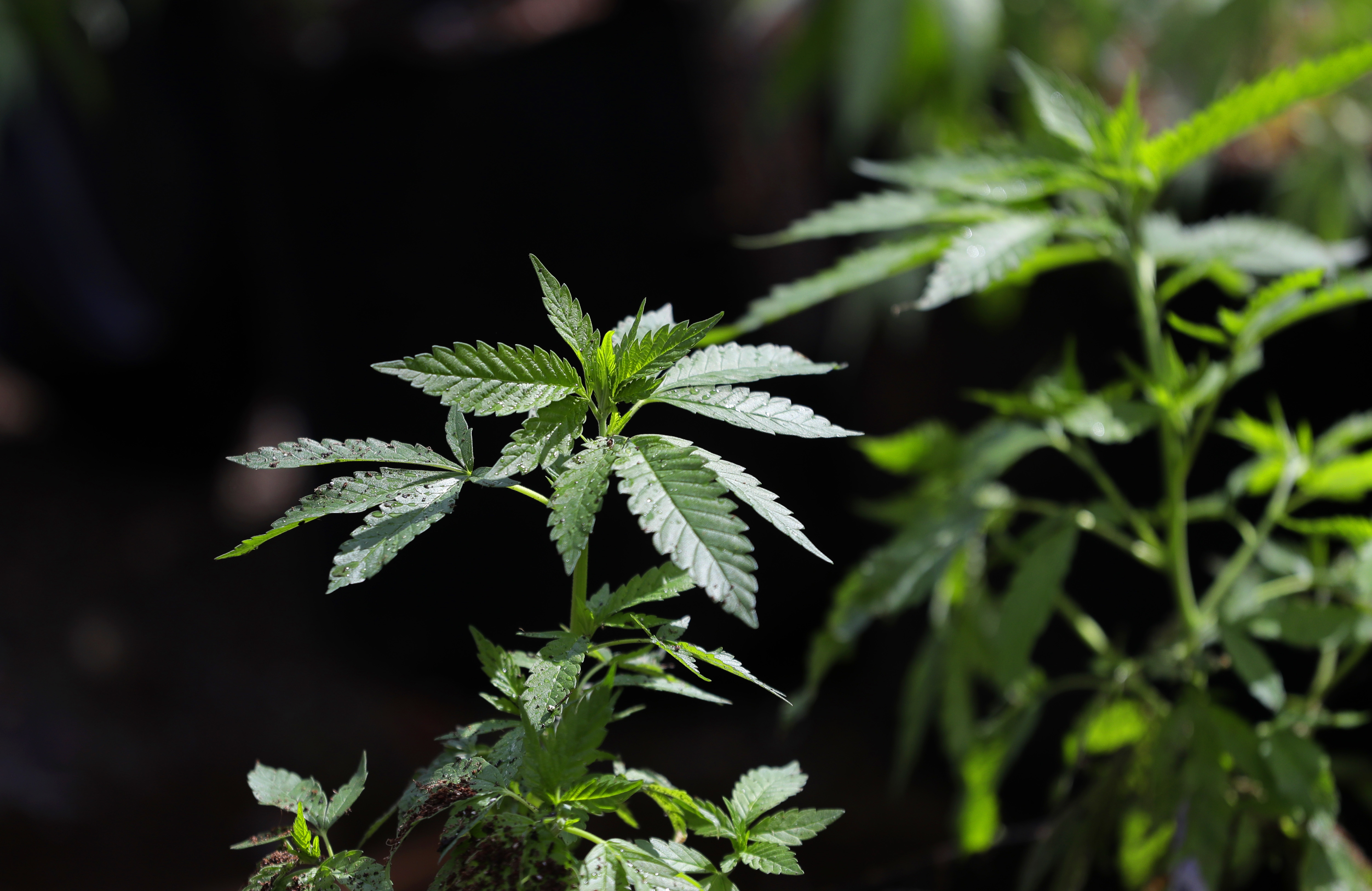A recent study found the coronavirus "can remain viable and infectious" outside the body for anywhere from three hours to three days.
The National Institutes of Health, CDC, UCLA and Princeton University published their findings in The New England Journal of Medicine.
The disease can remain viable for up to three hours in aerosols, up to four hours on copper surfaces and up to 24 hours on cardboard. It can also last two to three days on plastic and stainless steel.
Researchers compared this virus' stability to "the most closely related coronavirus," better known as SARS. They found similarities, which led them to offer guidance similar to recommendations for the flu and other respiratory viruses to mitigate its spread.
Public health professionals suggest washing your hands often, avoiding close contact with people who are sick; avoiding touching your eyes, nose and mouth; staying home when you are sick; covering your coughs and sneezes with a tissue that you can throw away; and cleaning and disinfecting frequently touched objects or surfaces with a regular household cleaner.











